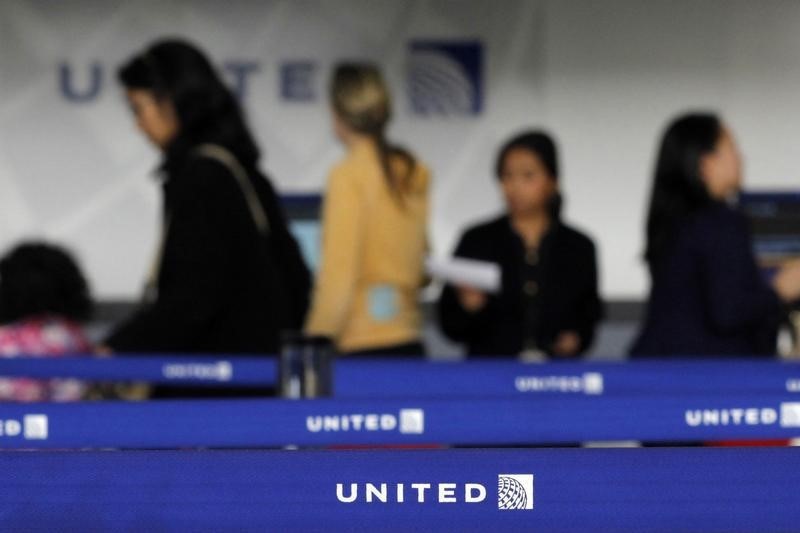JFrog stock rises as Cantor Fitzgerald maintains Overweight rating after strong Q2
This week, Boeing (NYSE:BA), a prominent player in the Aerospace and defense industry, NASA, and United Airlines, a significant entity in the Passenger Airlines industry, embarked on a collaborative effort to study the impact of sustainable aviation fuel (SAF) on contrail formation and emissions. The research is part of a multi-year partnership aimed at reducing aviation-related CO2 emissions over the next 30 years. The project utilizes Boeing's ecoDemonstrator Explorer, a 737 MAX 10 aircraft set to be delivered to United Airlines.
According to InvestingPro, Boeing has been experiencing accelerating revenue growth, with the latest figures showing a 21.18% increase. United Airlines, on the other hand, has seen a slowdown in its revenue growth recently but still boasts a growth rate of 28.82%. Both companies, despite their contrasting revenue trajectories, are united in their commitment to sustainable aviation.
The ecoDemonstrator will fly alternately with tanks of 100% SAF and conventional aviation fuel. As part of the study, NASA's DC-8 Airborne Science Lab will follow the ecoDemonstrator in flight, measuring emissions, collecting condensation trail ice particles, and capturing images of contrail formations.
The focus of the project is to understand how alternative fuels, different combustor designs, and other technologies can mitigate aviation's environmental footprint. The study will also assess the influence of SAF on contrail characteristics and diurnal surface air temperature.
SAF, which is derived from various feedstocks and will be supplied by World Energy from its Paramount, California facility, can reduce emissions by up to 85% over its life cycle. This could drastically cut aviation CO2 in the next 30 years and lower soot production for improved air quality near airports.
The project builds upon previous tests conducted on Alaska Airlines' 737-9 ecoDemonstrator 777-200ER and 787-10 flight-test jets. These tests form part of Boeing's commitment to deliver SAF-compatible planes by 2030. Additional support for the project comes from the FAA, GE Aerospace, the German Aerospace Center, and the ASCENT Center of Excellence.
The global pandemic response in 2020 led to a significant reduction in worldwide air traffic, providing a unique backdrop for these comparative studies. SAF is seen as an interim solution until more radical technologies are feasible for the aviation industry. According to InvestingPro Tips, both Boeing and United Airlines are trading at high and low earnings multiples respectively, indicating the different financial positions they are in amid their shared commitment to sustainable aviation.
For more insights like these, check out InvestingPro, where you can find a total of 17 additional tips for Boeing and 14 for United Airlines, helping you make informed investment decisions. For more details, visit InvestingPro.
This article was generated with the support of AI and reviewed by an editor. For more information see our T&C.
